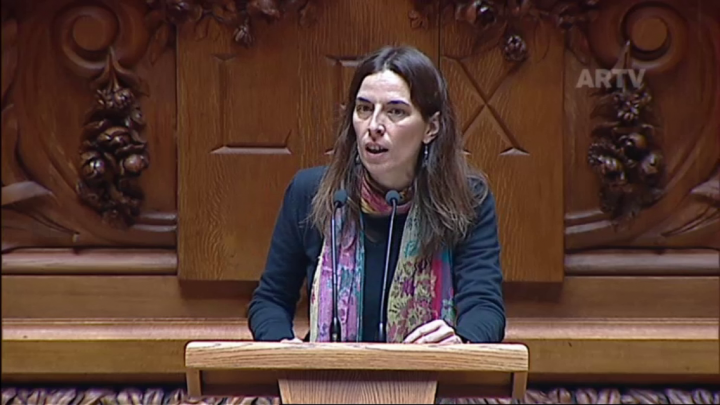Exceptional times demand exceptional measures and urgent responses to defend workers' rights, wages and income and guarantee their social protection.
Over the past 3 months we have had clear examples of how the virus has been used as an excuse for brutal trampling of labour rights:
• Wild dismissals of thousands of workers; today there are over 100,000 unemployed registered workers;
• Placing workers on forced vacations and imposing long working hours without paying overtime;
• Unilateral change in working hours;
• Cuts in wages and other incomes;
• Denial of the exercise of maternity and paternity rights;
• Non-compliance with hygiene, health and safety rules at work;
• Behaviours of pressure, repression and blackmail on workers.
Workers in precarious situations mainly suffer attacks on their rights: false self-employed; temporary agency workers; in outsourcing; workers paid by the hour; scholarship holders; interns; workers on trial period...
The reality of labour precariousness is also the reality of social protection precariousness, the absence of rights - which is felt more strongly than ever in times like these.
These workers are the first to pay the bill that employers and capital want to impose.
The PCP has had a persistent intervention in this context, denouncing the situations, rejecting all the trampling, firmly repudiating the utilisations and opportunisms of the employers, especially in the large economic groups.
So it was by taking into account this reality that the PCP has built and presented proposals to answer the problems felt by workers:
• Ban on dismissals;
• Full payment of wages;
• 100% payment of sickness, children and grandchildren care allowance;
• Extension and automatic renewal of social benefits for unemployment, cessation of activity, cessation of professional activity and other social benefits;
• Compensation supplement for workers who provide services defined as essential;
• Social protection for self-employed workers, for workers in IEFP (Institute of Employment and Professional Training) professional traineeship, for workers with precarious employment relationships.
In the face of persistent problems, we insist on the need for solutions to be found. That is why we bring to the discussion three initiatives.
We propose a special support for workers without access to other instruments and mechanisms of social protection, responding to the problems experienced by thousands of workers who issue false self-employed receipts, false self-employed workers, but also for workers with atypical forms of work, including workers without any formal employment relationship and not covered by any social security system.
We also propose measures to regularise the bonds of these workers so that their situation of precarious work and informality is eliminated.
Being aware of the existence of many workers with their wages of May, April, March and even February in arrears and without any income or access to unemployment benefit, and that a significant part of these workers and despite the arrears continued to carry out their duties and presented themselves to work, the PCP presents exceptional and temporary solutions that, in these often dramatic situations, ensure income for these workers.
We also propose better conditions for accessing social unemployment benefits, namely by eliminating their guarantee period, to respond to the situation of many workers who do not meet the requirements for access to social protection, as well as improving the condition of appeals and simplifying the process of granting.
Rights are not quarantined, nor are they under lockdown.
This is an essential condition for the development and progress of the country, but also to face the moment we live in, the defence of wages and rights. It is in this sense that we present these proposals.
